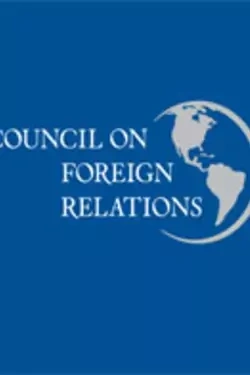
Reconstructing the Balkans

- Task Force Report
- Analysis and policy prescriptions of major foreign policy issues facing the United States, developed through private deliberations among a diverse and distinguished group of experts.
More on:
The last of the six Balkan Wars of the twentieth century is over, but it is by no means certain that a durable peace is at hand. After vast death, destruction, and savagery lasting almost a decade, can the peoples of the former Yugoslavia live together again in peace? If so, the region will require sustained help and support from the West, which is in the midst of mustering the necessary resources and political will. The purpose of this report is to provide a broad political approach and to highlight the three key components of a comprehensive, long-term strategy that focuses on security, continental integration, and economic and political reform.
Cochaired by the Honorable Morton I. Abramowitz and Albert Fishlow, this 1999 Independent Task Force considers the regions of Serbia, Kosovo, Montenegro, Bosnia, Bulgaria, Macedonia, Albania, Croatia, and Rumania in its assessment. Although they must all be dealt with separately, they also face a collective future. As the report contends, “the region will enjoy a lasting peace only if all its states leave the past behind and move decidedly to join the wider community.” The report, which addresses the long-term goals and the subsequent action needed to achieve those goals, recommends a three-fold approach: building security, integrating the region into the European Union, and fostering economic and political reform.
More on:
 Online Store
Online Store